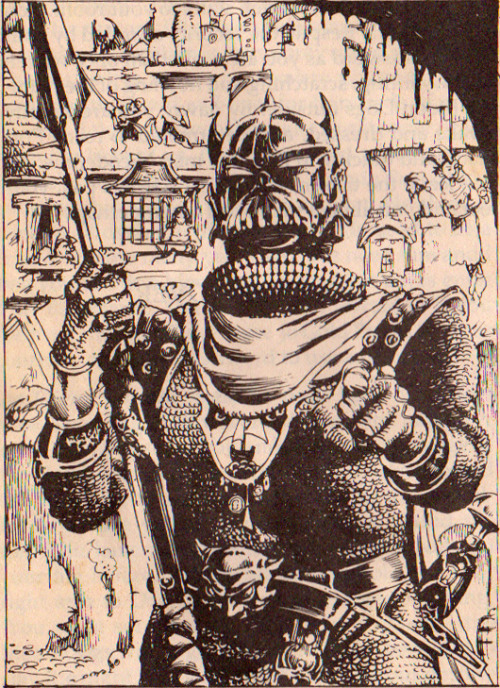Yeah, no one is really disputing the fact that not every scene is worth spending time on.
The conversation is mostly about James Wyatt's way of articulating that thought, which, depending on your level of charity, is either really badly written, or actually says that the scenes that aren't worth spending time on are the scenes that are not "encounters" with "attack rolls." Some people think that the statement is a problem, for either or both reasons. Other people don't think the statement is a problem, and are shocked (shocked!) that not every rational-thinking person agrees with them.
There's another factor at play.
As the creator of a product, the creator has a vision on its use. Some evidence exists that indicates Creators define what products a Consumer needs, not the other way around.
Thus, the customer is NOT always right. (nor is the Creator, which is why their product fails).
But ultimately, every great product is made by the Creator's vision, not the customer's.
We are D&D's customer. We did not know we wanted it until Gary Gygax and Dave Arneson invented it.
People did not want an Apple technology until Apple made it.
Wyatt is speaking for the creator, saying "this is how this product should be used"
There are always going to be consumers who see the product, see the directions, and disagree and even take it a different direction, thus becoming a Creator themselves.
the point is, he is within his rights to declare the right way to use his product (as an agent of WotC) in a definitive voice.
And he's right. His way is going to get you the results he describes.
Obviously, there are other ways to use his product that may turn out fine.
It's not necessarily his job to talk about those other ways.



